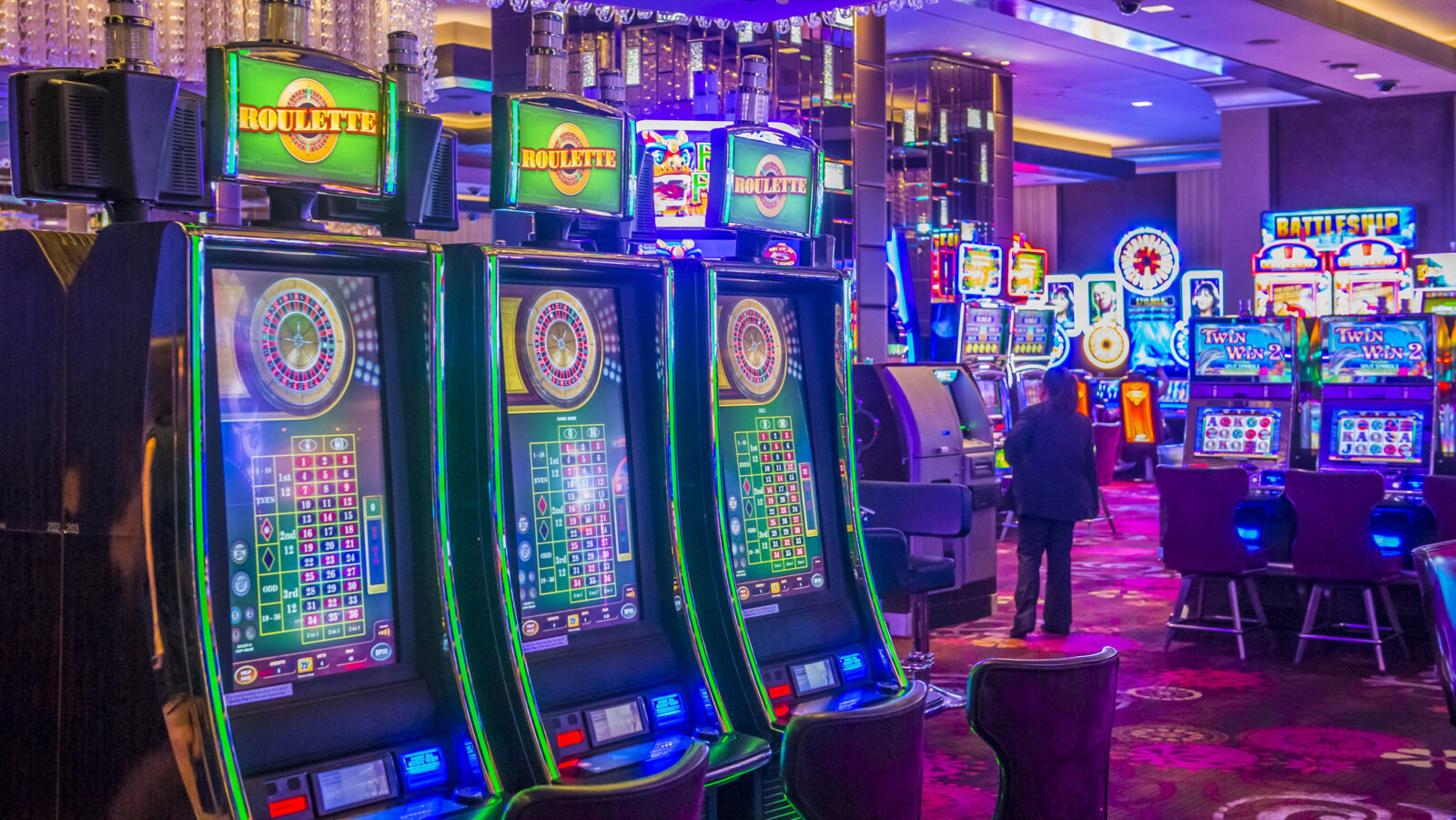Online Casino Expansion Stalled Out As Experts Ponder How To Reframe Debate
Though iGaming arrived before legal sports betting, it’s been left in the wake
4 min

The one thing that has surprised many longtime American gambling industry experts more than the rapid legalization of sports betting — three dozen states have authorized it since a U.S. Supreme Court ruling opened the door in May 2018 — has been the extreme sluggishness in terms of the growth of its online casino gaming counterpart.
That’s even though the latter form of legal gambling has been around longer, once the “gambling unicorn” that is Nevada is set aside.
In the fall of 2013, both Delaware and New Jersey launched so-called iGaming, allowing adult residents and visitors to play virtual versions of popular casino games from slot machines to blackjack to roulette. And while a retail casino customer can walk in off the street and make a significant wager without management having any idea of who they are, gaming operators know all about their online customers from the day they first sign up.
Diving into the user base
At last week’s Racing and Gaming Conference at Saratoga, New York, industry expert and Spectrum Gaming Group Senior Advisor Michael Pollock said during the “Casinos, iGaming, and Sports Betting” panel discussion that in the first year of online casino play, Tropicana Atlantic City officials noted that 60% of their mobile signup customers were not in their electronic database.
Since few steady gamblers resist the siren call of free perks for using customer loyalty cards at casinos, this meant that the online offering wasn’t simply shifting a “regular” from the casino site to the comfort of their living room couch.
Even more striking, Pollock noted, was that at the same time, Caesars reported finding 80% of its online customer signups were not previously “in their system,” while nearby Golden Nugget topped each of them with an 89% new customer rate. Pollock added that even of that modest 11% of double-dippers, many were customers who were found not to have visited the casino property in quite a while.
“People that like to gamble also like to be in social settings,” Pollock said, “and I don’t think gambling in their bathrobe at night is going to be enough for them.”
That means that, armed with a treasure trove of information on consumers, operators will find some who presumably could — with the right promotion — be enticed to visit the brick-and-mortar property.
“If your new customers to the casino are also tempted to have dinner and stay at the hotel, you create an environment that is the very opposite of cannibalization,” Pollock said.
iGaming expansion stuck in the mud
But fear of the unknown — or in this case, arguably fear of the known — continues to hamper progress on the online casino front. Perhaps no lawmaker understands this better than New York state Sen. Joseph Addabbo Jr., whose district includes the Aqueduct Raceway horse racing track.
Earlier this year, more than 700 employees of the Resorts World Casino (technically a “racino,” since the site features thousands of slot machines but no table games) sent Addabbo a letter endorsed by the Hotel & Gaming Trades Council that concluded: “We find it appalling that you are pushing legislation that would hurt workers like us and our industry in order to benefit a handful of companies who are seeking massive profits at our expense.”
Addabbo’s online gaming bill — and a mirroring one sponsored by Assemblyman Gary Pretlow, whose district happens to include Yonkers Raceway — also does not have the support of Gov. Kathy Hochul.
Still, Addabbo insisted that “iGaming in New York is not a question of ‘if’ but ‘when,'” adding that New York and many other state budgets have seen billions of dollars from massive COVID-era federal subsidies dwindle. With new sources of funding being needed down the road, Addabbo predicted that state budget talks in January will — finally, out of budgetary necessity — prominently feature his revived online casino bill.
“So we’re ready now to work with the legislature, the casino unions, and the governor’s office,” said Addabbo, whose efforts to date on those fronts mostly have been in vain.
Longtime gaming and sports law attorney Daniel Wallach — a panelist at the Saratoga conference on the topic of tribal gaming — recently suggested a compromise that Addabbo says has him intrigued. Wallach suggested that supporters work out a guarantee as part of the language of an online casino gaming proposal that no retail casino jobs will be lost as a result of the new form of gambling.
How much money are we talking about?
The third state to add a full suite of online casino games was Pennsylvania in 2017, followed by West Virginia (2019), Michigan and Connecticut (both 2021), and Rhode Island (2024).
How much money is being left on the table by not legalizing online casino gaming that already is being played illegally in every state?
The American Gaming Association concluded in 2023 that the U.S. commercial gaming industry — retail casinos, sports betting, and limited online casino offerings — is a $66.66 billion venture.
If every state legalized iGaming, per the report, that would become, on its own, a $47.86 billion industry, generating $14.98 billion in tax revenue to those states.
“There already is iGaming in every state, but consumers are not protected, businesses are not taxed, and much of the money is laundered through organized crime overseas,” said Howard Glaser, governmental affairs chief at Light & Wonder and a Saratoga panelist alongside Pollock and Addabbo.
Some states are debating between iGaming and online lottery ticket sales, but Glaser noted that Pennsylvania and Michigan each have been very successful offering both options to consumers.
“There is no reason not to do both,” Glaser said.
As for Addabbo’s struggles to convert union leaders, Glaser suggested that they look to Michigan, where a major union just finalized a major new and lucrative contract for retail casino workers based in part on how much revenue those casino operators took in from online casino gaming.
Justin Carter, an executive for PENN Entertainment, said that industry veterans tend to focus too much on the idea that gamblers won’t show up at the casinos if there is an online alternative — thus not purchasing a hamburger and a beer on-site anymore, for example. But he, too, noted that online casino legalization brings in countless new customers who otherwise would never be found.
“We still build movie theaters, because it’s just not the same when you watch a movie at home — the popcorn from the microwave somehow is not quite as buttery,” Carter said.
But in a final reality check, moderator Michelle Cohen, a partner at Ifrah Law, asked about the near-term prospects for iGaming expansion.
While Pollock said that New York and Massachusetts are the most likely new states to come aboard, Glaser was asked how many states he expected to launch such gambling in 2025.
“None,” Glaser replied.





